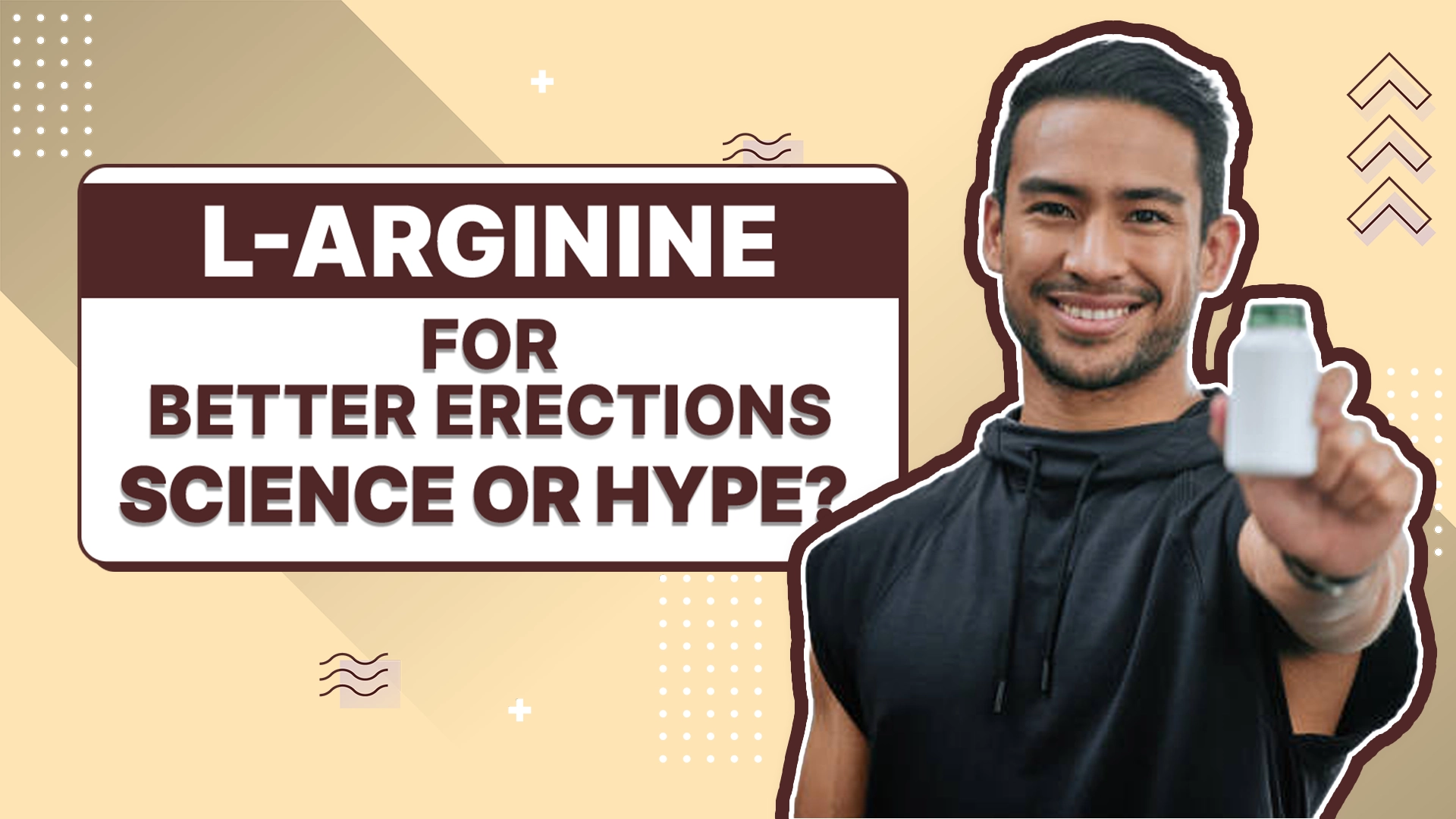Every meaningful relationship rests on more than love and attraction, it thrives on emotional intimacy. While physical closeness often grabs attention, the ability to connect emotionally forms the real foundation of long-lasting bonds. Emotional intimacy allows two people to feel seen, understood, and accepted for who they truly are.
When this kind of connection exists, relationships become not only more stable but also deeply fulfilling. In this blog we will understand about emotional intimacy and its different aspects in relationships.

What Is Emotional Intimacy?
People who are emotionally close to each other can talk about their feelings, thoughts, and weaknesses without thinking about what the other person will think. This is more than just small talk; it makes the other person feel seen, heard, and respected.
When people are in a relationship, being emotionally close turns love into real friendship. It helps family and friends trust, understand, and honor each other. Feeling close to someone emotionally, on the other hand, comes slowly through trust, open communication, and understanding. Sometimes physical closeness doesn’t last long.
Signs of Emotional Intimacy
You can often sense whether your relationship is emotionally intimate by noticing certain patterns of behavior and feelings. Some of the common signs include:
- Open and Honest Communication: Partners freely share their feelings, insecurities, and desires without hesitation. There is no fear of being judged or misunderstood.
- Mutual Trust: Both individuals know they can rely on each other emotionally. Vulnerabilities are respected, not used against one another.
- Empathy in Action: Even without solutions, partners validate each other’s emotions and provide comfort during tough times.
- Feeling Heard and Valued: Conversations are balanced, and both voices matter. Each person feels their thoughts are important.
- Comfort in Silence: Emotional intimacy shows not just in conversations but in the ease of sitting quietly together without awkwardness.
- Consistency in Support: Whether in moments of joy or struggle, partners stand by one another, offering reassurance and encouragement.

These signs reveal when a relationship has moved beyond attraction into a space of deep emotional bonding.
Psychology of Emotional Intimacy
When it comes to our emotions, closeness is linked to our needs for safety, acceptance, and bonding. Attachment theory says that our relationships with other people are affected by the exchanges we had with our carers as children. If those times were helpful, it will be simpler to connect emotionally as an adult.
In terms of psychology, some important parts of mental closeness are
- Weaknesses and Safety: Being emotionally close to someone lets them chill out and be themselves. People feel closer and more confident when they can be vulnerable in a safe way.
- Getting Acceptance and Validation: Everyone wants to be known. When people accept you for who you are, flaws and all, you feel safe and sure of yourself.
- Keeping your feelings in check: You can deal with your worries and fears better and feel less stressed if you talk to your partner about them.
- Brain Chemical Bonding: Oxytocin, the “love hormone,” is released by your body when you feel close to someone. It makes you feel less stressed and more connected to that person.
The study of connection in psychology shows that being emotionally close is not a choice, it is a basic human need.
Importance of Emotional Intimacy in Relationships
Relationships without emotional intimacy often feel hollow, no matter how much attraction exists. Its importance can be understood through several aspects:
- Stronger Trust: Emotional intimacy lays the foundation of trust. Partners know they can depend on each other without hesitation.
- Better Communication: Couples with intimacy talk more openly, listen actively, and resolve misunderstandings faster.
- Sense of Security: Being accepted without judgment reduces jealousy, insecurity, and fear of abandonment.
- Greater Relationship Satisfaction: Emotional closeness ensures partners feel fulfilled, valued, and genuinely happy in the relationship.
- Effective Conflict Resolution: Arguments don’t escalate into battles. Instead, couples find solutions with empathy and care.
- Encourages Growth Together: Emotional intimacy inspires couples to support each other’s personal goals and dreams, creating growth as a team.
- Lasting Love Beyond Physical Attraction: While physical attraction can fade over time, emotional intimacy sustains love and companionship.
In short, emotional intimacy is what turns relationships from temporary connections into lifelong partnerships.
Conclusion
Emotional intimacy is the heart of every strong relationship. It is not about grand gestures but about feeling safe enough to share your true self and being accepted wholeheartedly.
When two people nurture emotional closeness, they create a bond built on trust, respect, and empathy qualities that make love last. Without it, even the strongest physical attraction can lose its spark. With it, relationships not only survive challenges but thrive through them.
FAQs
Q 1. What is emotional intimacy?
Emotional intimacy is a deep connection where people share feelings, thoughts, and vulnerabilities without fear of judgment. It builds trust and understanding over time.
Q 2. Why is emotional intimacy important in relationships?
It strengthens bonds, fosters trust, and creates a safe space for honest communication. Couples feel more supported, understood, and connected.
Q 3. What are signs of emotional intimacy?
Signs include open communication, empathy, mutual respect, vulnerability, and feeling safe to express emotions freely.
Q 4. How does emotional intimacy affect mental health?
It reduces stress, anxiety, and loneliness while boosting self-esteem and emotional resilience. Feeling understood promotes overall well-being.
Q 5. Can emotional intimacy grow over time?
Yes, it develops through consistent communication, active listening, empathy, and shared experiences. Patience and trust are key.










